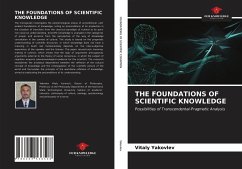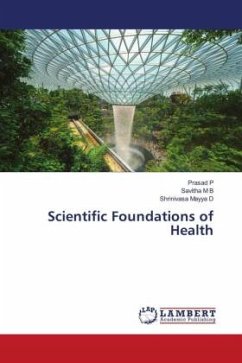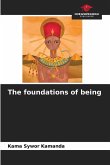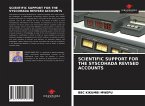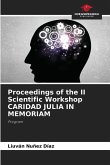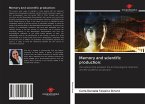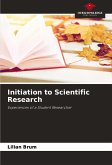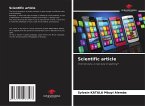The monograph investigates the epistemological status of unconditional, self-evident foundations of knowledge, acting as preconditions of its production in the situation of transition from the classical paradigm of science to its post-non-classical understanding. Scientific knowledge is analyzed in the categories of proper and essence from the perspective of the way of knowledge constitution in the context of culture. The study is based on the pragmatic understanding of scientific discourse, in which knowledge does not have a meaning in itself, but fundamentally depends on the inter-subjective experience of the speaker and the listener. The paper reconstructs meaning-making in science, which shows that the logic of arguments presupposes arguments external to the theory of social consensus, in which the subject of cognition acquires phenomenological evidence for the scientist. The research establishes the analytical dependence between the reflexion of the cultural concept of knowledge and the ontologization of the scientific picture of the world and formulates the principle of the worldview reflexion of knowledge, aimed at explicating the preconditions of its understanding.
Hinweis: Dieser Artikel kann nur an eine deutsche Lieferadresse ausgeliefert werden.
Hinweis: Dieser Artikel kann nur an eine deutsche Lieferadresse ausgeliefert werden.

